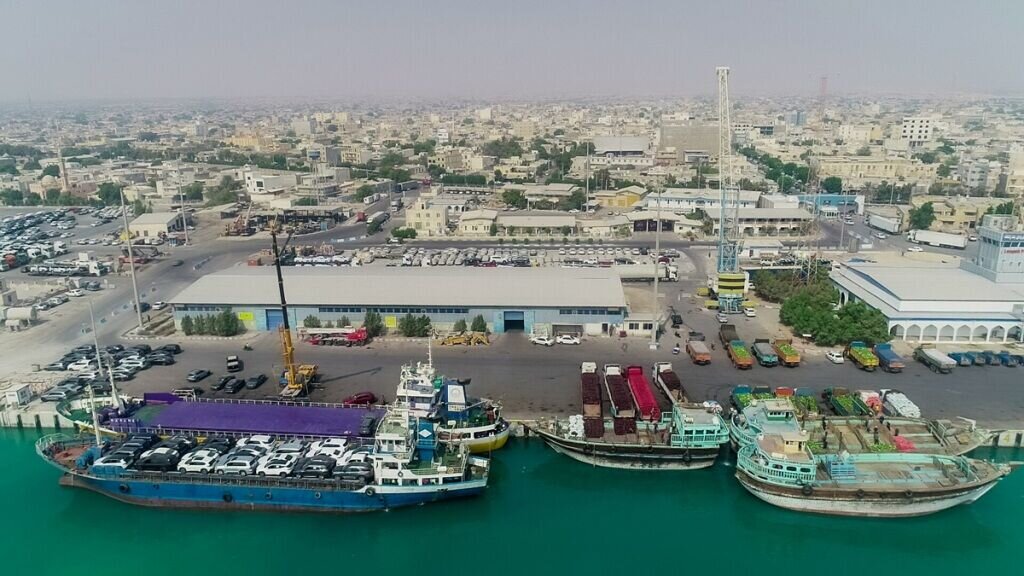PMO underlines importance of developing sea-oriented economy

TEHRAN – Iran’s Ports and Maritime Organization (PMO), in a recent report, has underlined the importance of the country’s maritime capacities and the role that the sector can play in developing the country’s economy.
According to the report, maritime sector in Iran has very high capacity in various fields including trade, ports and shipping due to the country’s strategic location, long coastal strip in the north and south and access to open waters, and can bring economic prosperity to the country.
“About a third of the country's borders are water borders, so we cannot ignore port and shipping activities because for a country that has long water borders and access to open waters, the prosperity of shipping and maritime trade is essential. Therefore, the government should pay full attention to the strengths and weaknesses of this sector and make the best use of the current capacities with proper planning,” the report read.
Increasing the share of the maritime sector in the country’s gross domestic product (GDP) under the framework of the newly proposed maritime-oriented policy should be one of the most important concerns of the government, which can be achieved with proper planning, the PMO said.
The share of the sea in the gross domestic product in advanced coastal countries such as the European Union is 50 percent, but the figure is not significant in Iran despite having more than 5,800 kilometers of coastal strip, and this is despite the fact that there are huge capacities for the transit of goods from Central Asian countries.
In late September, Iranian Vice President Mohammad Reza Aref said the 14th government is determined to formulate and implement additional and more comprehensive plans and programs in the field of sea-oriented development.
Aref said that the government has prepared the initial draft of the country’s maritime-oriented development plan.
He called on the Iranian authorities in charge of the country’s maritime sector to strengthen logistics and corridor routes, facilitate entering new markets, use smart technologies, strengthen employment, create large and small-scale production units in ports and coastal areas, modernize the commercial fleet and port equipment as well as the railway and road lines, and train responsible and efficient workforces for sea-oriented development while preserving and safeguarding the marine environment in compliance with international regulations and conventions.
The official also emphasized the necessity for the country’s scholars and think tanks to help the government realize its plans for developing the maritime sector.
EF/MA
